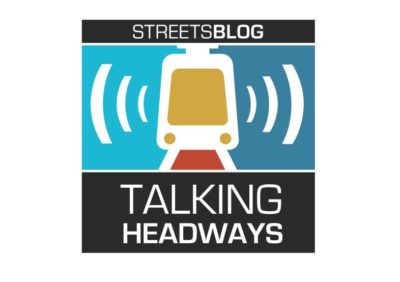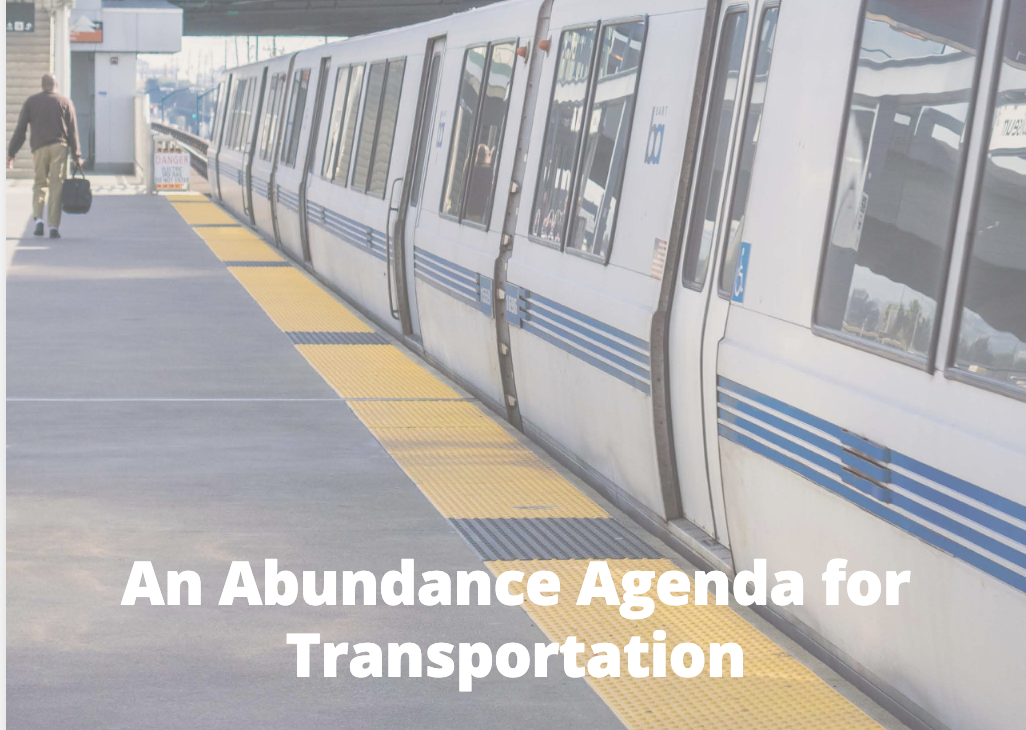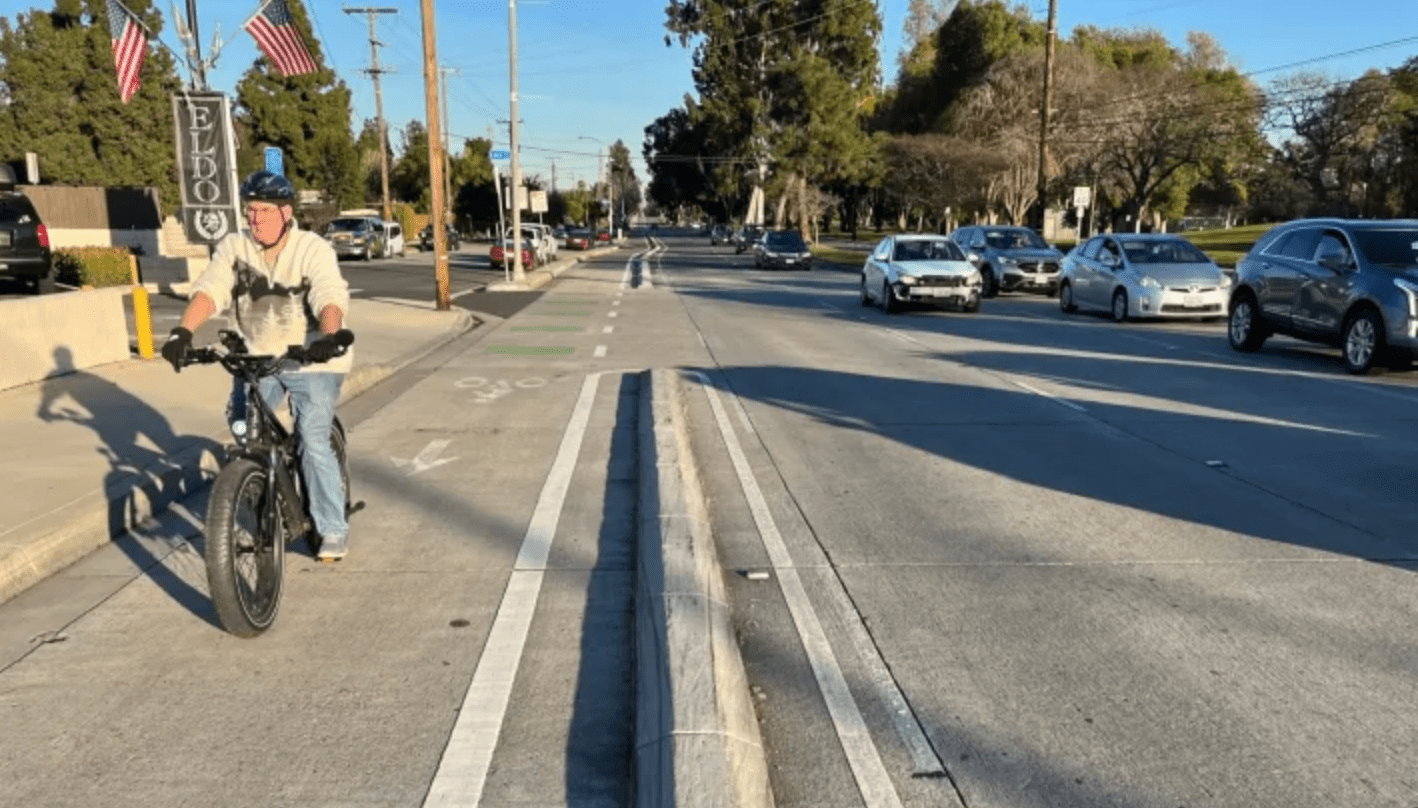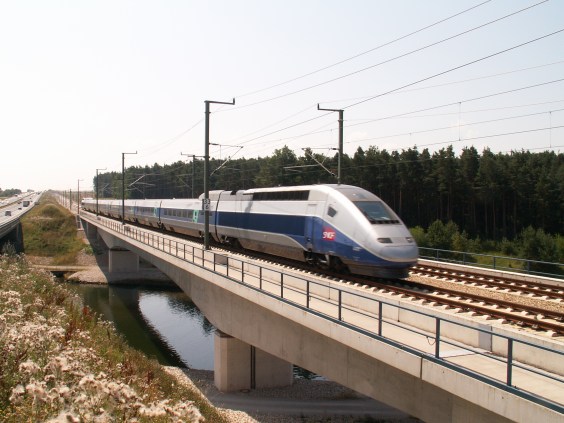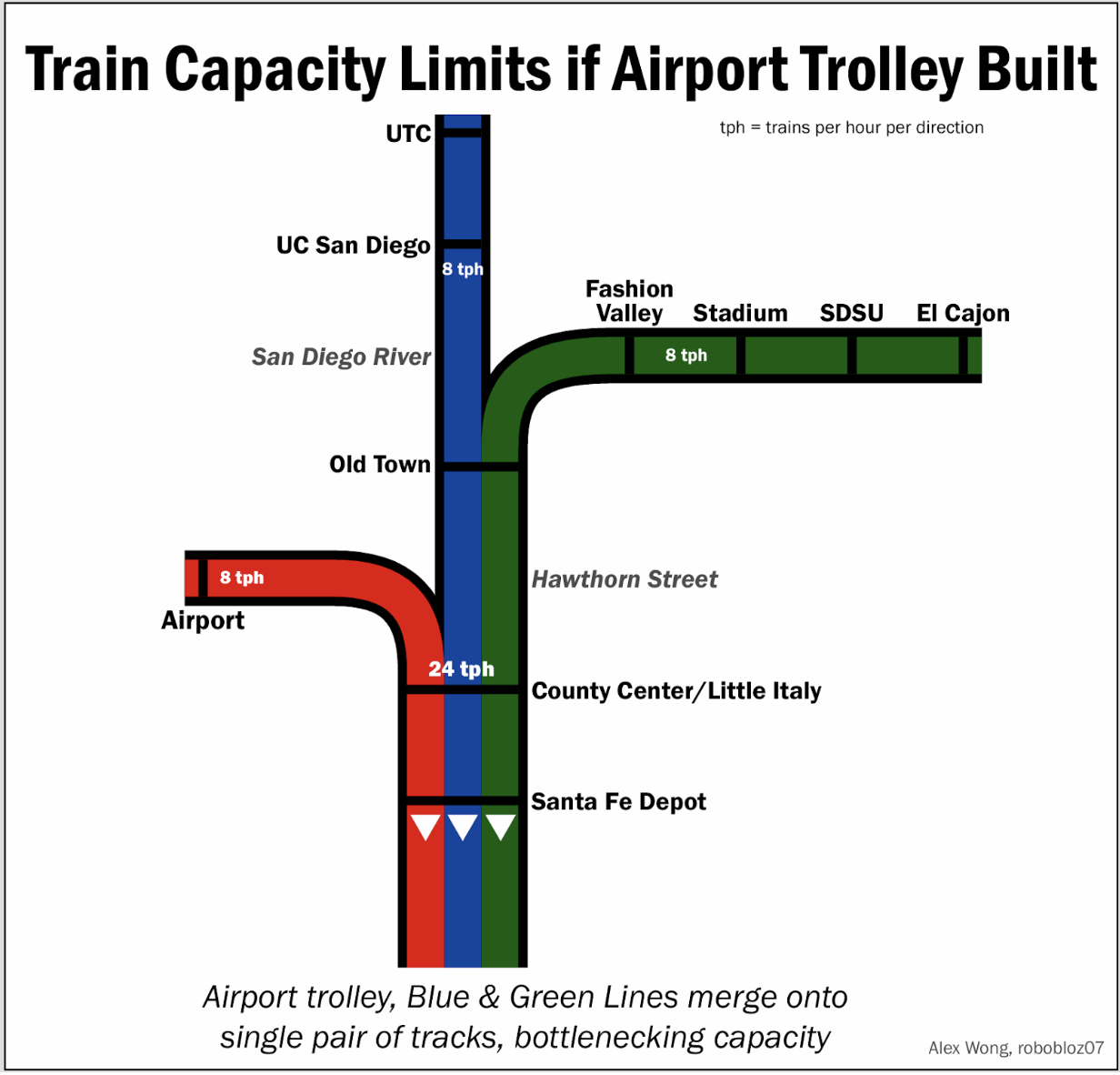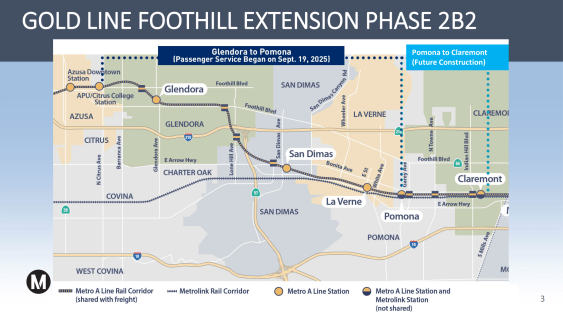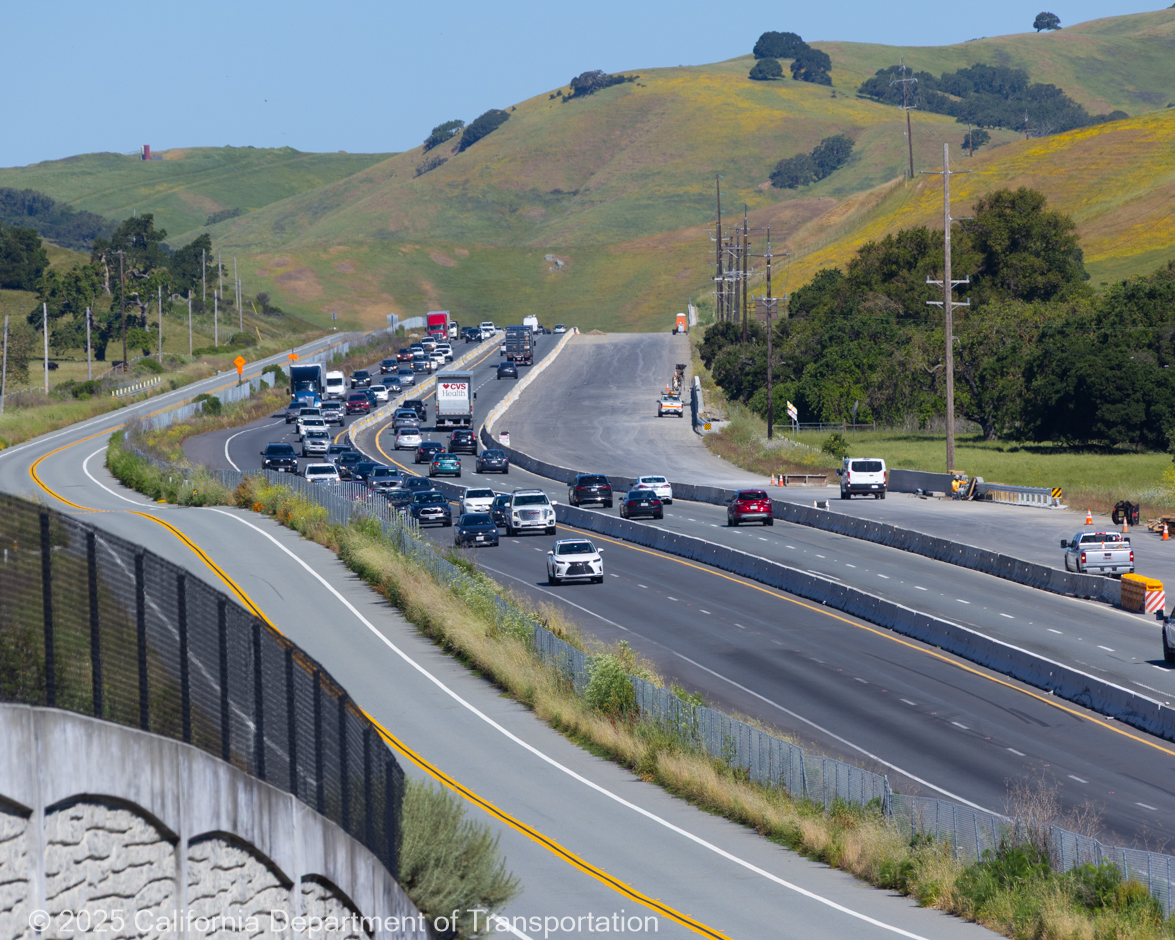This week, we chat with University of Iowa Law Professor Greg Shill. In our broad-ranging conversation, Shill discuss his recent research on the normalization of motordom and how we can’t really opt out of it, the idea of automobile supremacy, the legal subsidies to driving and even the tax benefits associated with cars.
Since not everyone loves to listen to the news, we've provided an excerpted transcript of the fascinating conversation below:
Jeff Wood: And so now we have [the automobile] embedded in most of our laws in our way of life. I'm curious, you know, can you opt out?
Greg Shill: I can't. This is something that I think conversations around transportation often get bogged down in the language of personal choice. So I always try to talk about behavior rather than choice. But the behavior that you engage in is structured by the system in which you operate. So I live in Iowa. They didn't have as many transportation options in Iowa as you do in San Francisco. And different people also in the same place have different options available to them. So 100 million Americans, for example, don't have driver's licenses at all.
Some of them are too young. Many of them are too old, or the average personnel lives 10 years beyond their so-called driving life expectancy. A that's an unintended consequence of longer lifespans that we actually live longer than it is safe to drive. That was not the case 50 years ago. And other people have physical or neurological or other conditions that prevent them from driving safely. And then you have economic issues that enter. That's a whole other topic. Driving is of course expensive. Um, so you know, this is the architecture.
You can't opt out. Even if someone says — as many in the audience and among your listeners do — that they have sold their last car, they're never gonna own a car again and they're committed to walking, transit, biking, they can limit what they maybe contribute to this, but they can't limit their own exposure to secondhand driving. You're always at risk of being hit by a car or dying or you know, developing a condition based on car pollution that 95,000 people a year are killed by either crashes or pollution and many, many more develop or have respiratory and other health issues or have those issues aggregated at the population level by vehicular emissions.
So, you know, I'm all for people doing the best they can, but I think we also need to be realistic that this is a collective action problem and true change will come from coordinated policy.
JW: And it's interesting the way we talk about it, too. I was surprised recently when I saw that there was some research that came out talking about all the particulates that come from automobiles that are not related to CO2, right? So we have the brake dust and we have particles from all the rubber that gets pulled off of the wheels when people are driving around. There's trillions of particles that are in the San Francisco Bay, for example, that we just learned about. We focus on CO2, but we don't talk about all the other externalities that come with driving.
GS: So just on that exact issue, our vehicle regulations is called CAFE corporate average fuel economy. That's the primary way in which our environmental law regime regulates emissions from cars. So the name kind of gives away the problem, which is twofold: One is it's focused on tailpipe emissions, fuel economy. And then the other is it's really a consumer-oriented regulation: fuel economy. That's why it's on the sticker. And if you go to the car dealership, you'll see what the MPGs are, are supposed to be, on that car, so that you can as an educated consumer and make an economical choice for your family — which of course ignores the externalities of driving, but it also doesn't regulate particulate matter emissions like micro-plastics. You can't see with the naked eye, but you inhaled them. These are not regulated by the EPA. They primarily come from brake pads and tire wear. In traffic, up to 90 percent of these types of particles can come from those sources rather than from the tailpipe.
So it's just one of the many ways in which electric vehicles, although an improvement in some regards, would not solve the problem.
JW: I think it's called London lung or something along those lines specific to England where people have these respiratory issues. We also found that recently the Trump administration has made it harder for research to come out that talks about these respiratory issues from air pollution. But we have all this stuff that happens to people because of air pollution that comes from cars. And it's just like one of those things that is frustrating, but it's out there.
GS: Yeah. And it's, it's one of those things that you can't opt out of. So it affects all of us in that sense. But the effects are not distributed equally. Black and brown communities, low-income communities have massive buildup of everything under the sun, whether it's PM 2.5 PM 10 or CO2 or lead in the soil emitted by generations of leaded vehicles that's now sitting in playgrounds, in urban areas, school yards, backyards, etc. It's one of those problems that affects all of us, but like many problems in our society, most vulnerable are affected more severely.
JW: If I can go back a second, let's talk about automobiles supremacy and and what that means.
GS: Again, I think we often get bogged down in the language of choice and if you talk about things, say things like we have too many car crash deaths, we have too many pollution deaths, nobody's going to say, "No I think actually we have the right level." Nobody like believes in our current system in the sense that they love it and they really support it. Nobody will claim that. People take actions that support it, but there's no like ideological movement in favor of the status quo.
But we have are structures that operate autonomously. Some of them are a fiscal and these are the ones that I think people are more aware of: $45 billion a year in highway spending, for example, whereas transit gets peanuts. The fact that roads are free and overwhelmingly public transit is not. There are all kinds of fiscal subsidies for driving. There are also all these legal subsidies. And in the paper I go through about 10 different areas of law. I've since come across others even including Admiralty law — the law of the sea — that all cumulatively compel people to drive and, at a minimum, compel people to be exposed to very high levels of driving, very high risks of driving.
And so because that structure operates autonomously and on top of every other objective we might have in society, and I'm talking about consensus objectives that ostensibly we believe in as a country, regardless of political persuasion, things like prosperity, fairness, public health, this is above all of those things. And so that's the structure that I'm talking about. And what I try to underscore is that it doesn't require you to believe in it in order for it to function. It's freestanding.
JW: So part of this is land-use law. We have criminal law of torts, insurance, safety regulations, tax codes. Those are all tied into the supremacy of the automobile. And it all of those parts kind of come together to be one of this. It's almost like a supergroup boy band of awful.
GS: It's like "Captain Planet," but in reverse.
